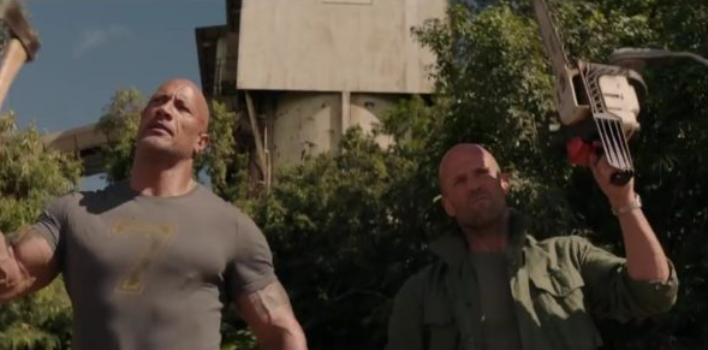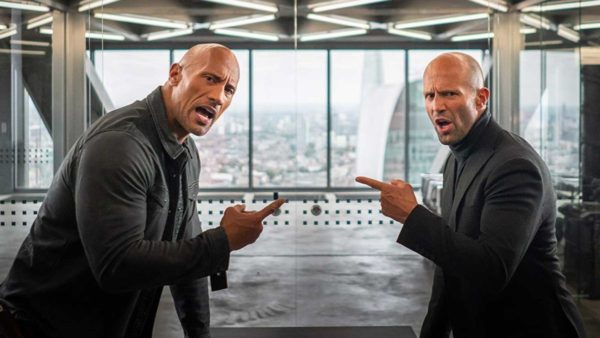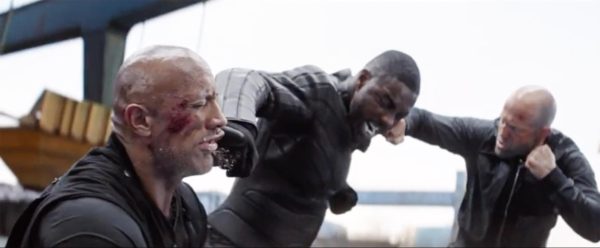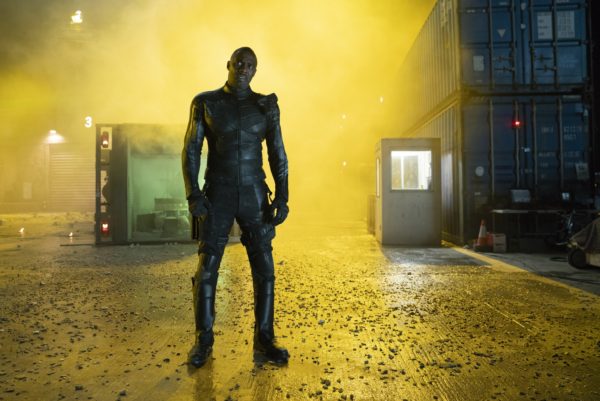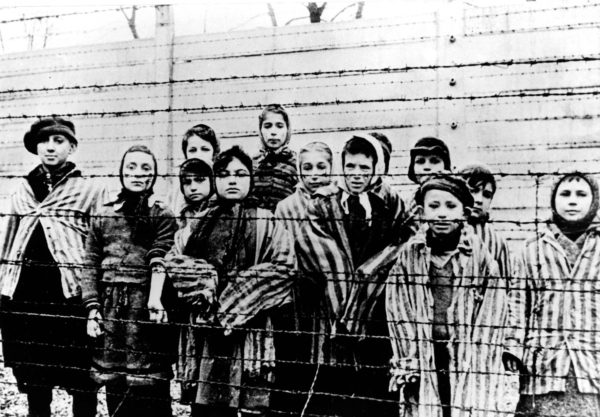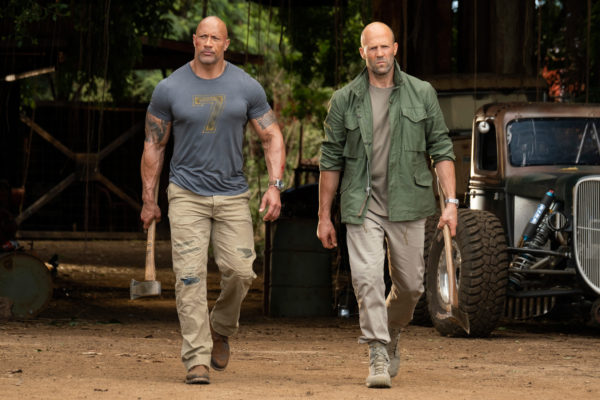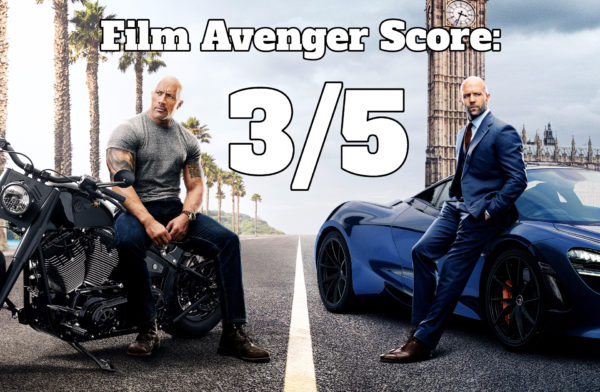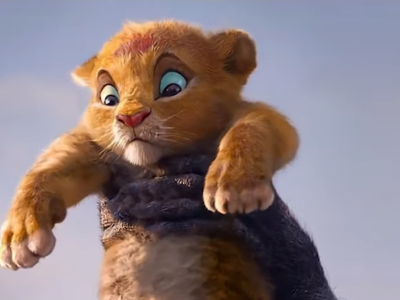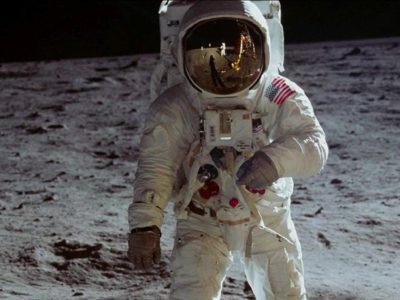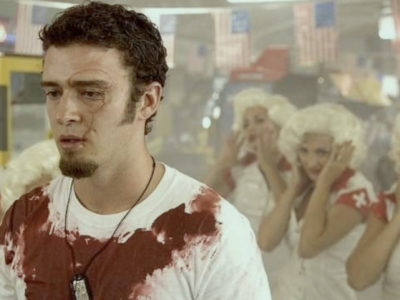The Human Factor of Hobbs & Shaw
 I enjoy the Fast & Furious franchise, and I’m not afraid to admit it. Oh sure, some highbrow film fans may look down their noses at this series, but these movies are fun and seldom disappoint when it comes to well-shot action sequences and a charismatic cast that is wonderful to watch work together.
I enjoy the Fast & Furious franchise, and I’m not afraid to admit it. Oh sure, some highbrow film fans may look down their noses at this series, but these movies are fun and seldom disappoint when it comes to well-shot action sequences and a charismatic cast that is wonderful to watch work together.
After eight (yes, eight) films, the Fast & Furious franchise has produced its very first spin-off, starring two of the series’ most interesting side characters: the one-liner machine Luke Hobbs (Dwayne Johnson) and the villain-turned-antihero Deckard Shaw (Jason Statham).
Based on the action pedigree of the two leads alone, Hobbs & Shaw should be an entertaining romp. And it is…for the most part. The cast is impeccable and fun to watch interact with one another. The action is outstanding and ridiculous (in a good way). And the themes that the series is known for are being carried on—albeit on some serious steroids.
SPOILERS AHEAD!
The Good: Johnson and Statham
Hobbs & Shaw would not be as much fun to watch if Dwyane Johnson and Jason Statham weren’t in the lead roles. These two action heavyweights have lots of charisma and great chemistry akin to some of the best comedic teams. The only difference is that there was no “straight man” in this duo; no Bud Abbott to set up Lou Costello’s punchlines. Johnson and Statham swapped these roles throughout the film, which made it interesting. No one character is truly the top man – though, in my biased assessment, I would say that Johnson definitely had a slight upper-hand in the raw charisma department.
Johnson and Statham constantly trying to one-up and humiliate each other to varying degrees was entertaining. They weren’t to the point of killing one another (like in the previous films), but at a level of more friendly, fraternal ribbing – even though they don’t particularly like one another for most of the film.
The supporting cast was also quite good and one could tell they were having lots of fun making this movie. Idris Elba was a great antagonist for the duo to trade punches (and one-liners) with, as well as an actual threat with his superhuman strength (more on that later). Vanessa Kirby had an excellent balance of mysteriousness and lethality as Deckard’s sister Hattie.
The action, for the most part, is in line with the often over-the-top style of the rest of the Fast & Furious series. It gets ridiculous, especially when the story moves the characters to Hobbs’ native Samoa. But it’s still tremendously entertaining and interestingly staged. And there was definitely a little more levity brought to the action, given the good-natured rivalry between the titular leads. The plot of the film definitely took a backseat to the action, which, in this type of film, I’m okay with.
The Bad: Bad Blood & Superfluous Superhumanity
One of the biggest things that bothered me about Hobbs & Shaw was something that bled over from the previous films in the franchise, The Fate of the Furious. It seemed that the crew, particularly Dom and Hobbs, were very quick to forgive Deckard Shaw for doing some pretty messed up things in the previous films (killing Han and almost killing a few more members of Dom’s team). The filmmakers just sort of swept this history under the rug in order to force Hobbs, Dom, and the rest of the team to work with Shaw.
Hobbs and Shaw nearly killed one another in both Furious 7 and The Fate of the Furious. And Hobbs was pretty satisfied when Shaw was put in a hole as punishment at the end of the former, only to be incensed that Shaw was taken out of the hole in the latter (for plot reasons, of course). Hobbs didn’t strike me as the kind of guy who would just let Shaw go without attempting to put him back in prison (or a body bag).
More than the past history of the characters, what bothered me the most about this film was the villain. While Idris Elba did great with what he was given, the character of Brixton Lore appears to be taking the franchise in a strange direction where the characters can actually have superpowers. Lore was enhanced with technological implants (courtesy of a shadow organization that isn’t completely fleshed out) to the point where he was, as he put it, “black Superman” – just without the ability to fly. I found this revelation off-putting.
Before this, the focus of the films was on the power of the cars and the tech for sure. But it was also about the humans driving the cars and how they worked and improvised with the limited resources at their disposal. Now we’re going into the realm of genuine super-humans and it just doesn’t seem like a good fit. This isn’t the Marvel Cinematic Universe, where super-humans and aliens are an everyday thing. Besides, all of the tech from the films before this one kept at least semblance of real-world plausibility. Super-human implants and Transformer-like motorcycles are way beyond anything in the real world and put the franchise into science-fiction territory.
“Improving” Humanity
Brixton Lore’s superhuman abilities were an outgrowth of his philosophy and that of his benefactor – the shadowy organization Eteon. Brixton fancies himself the next stage of human evolution with his cybernetic implants and his motivation for releasing the Snowflake virus upon humanity was to help mankind “evolve” into something better (at least in his estimation).
One of the best tropes that make for a compelling antagonist is that the antagonist doesn’t think of himself as the bad guy. They want to help humanity but do so in the worst way possible. Brixton Lore is but the latest in a long line of cinematic villains who have as their modus operandi the “evolution” of the human race through barbaric and genocidal means (though, admittedly, Brixton does flippantly refer to himself as the “bad guy”). Brixton comes on the heels of Thanos in the Marvel Cinematic Universe, whose carnage was wrought upon all living things in existence for the sake of “saving” life.
This motivation, to help evolution along in its path to some to some kind of man-made nirvana, is also displayed by the vilest plans of history’s greatest monsters. Hitler, Lenin, Stalin, Mao, Castro, Guevera – all these men sought to “improve” humanity and human behavior through blood and death. But it must be said that this is the logical philosophical conclusion to evolutionary theory.
In the nihilistic worldview of evolution, death brought about all the improvements and enhancements to our species. Therefore, life itself has no inherent meaning beyond what we have been evolutionarily programmed to accomplish. We are just pieces of meat in a long line that are mere links in the evolutionary chain. Systematically eliminating a few thousand (or million) of those meaningless meat sacks to improve the longterm survivability species shouldn’t be seen as anything inherently evil.
But it is evil. Monstrously evil.
Every human being was created as an individual and is individually important. And humans are also created with the ability to comprehend ethics and morality – something that cannot evolve from nothing. We know it is wrong to murder another person because that person is valued by something larger than ourselves.
“For You created my inmost being; You knit me together in my mother’s womb. I praise You because I am fearfully and wonderfully made; Your works are wonderful, I know that full well.”
—Psalm 139:13-14
The truth is that we were created by a Being of pure love and goodness. Each one of us was formed by Him before we were born. Our individual personalities are unique in all the world because God made us that way with his infinite font of creativity. This inherent value to life is what makes acts of murder simply evil – and that includes abortion, by the way.
What Brixton and other similar villains fail to realize is that humanity cannot and will never be improved or made whole by material means, including evil acts like killing off a certain sect of society. The problem lies in the fact that we are all flawed, sinful creatures – an outcropping of our Creator, in His infinite wisdom, bestowing upon us free will. People cannot be improved or saved with cybernetic implants and other material measures because the problem lies within our very being, our souls.
But God found a beautiful and wonderful way that we all can become connected to Him again and improved through His light and love. Unlike the villains and monsters who cowardly send other people to torment and death in pursuit of their unattainable goals, God sent Himself to endure the pain and humiliation of earthly death and empowered us to grow beyond our sinful nature and follow Him into the light—improving humanity in the process.
It was somewhat poetic that, at the end of Hobbs & Shaw, Brixton and the rest of Eteon’s forces were decimated by the Hobbs family and friends with little technological advantage. The good guys were on the side of human life and what makes everyone individually special – including things like family. And after all of Brixton’s pompous speeches about how he was the next stage in human evolution, his man-made improvements failed him and he was defeated by two frenemies who worked together with just their wits and their fists.
Everything of this world will one day pass away, returning to the dust from where it was created. But God is eternal. Each and every one of us is a unique creation, made to be with our Father into eternity. We just need to let Him improve us rather than doing it ourselves.
The Last Word
Hobbs & Shaw was another good installment of the Fast & Furious franchise. Not the best, but certainly not the worst. The chemistry between the two leads made the film a particularly enjoyable experience. And the action was exciting and fit within the established framework of the franchise.
Human life is a precious thing created with care and precision by a Being who knows all things. Anything humanity arrogantly does to “improve” itself or attempt to reach some higher plane of existence will be eventually be wiped away. The only path of eternal improvement is through the blood and sacrifice of Jesus Christ. It is the only means of being fully restored to what we were supposed to be.


